health
July 13, 2011

BRAC at International Conference on Framework for Economic Growth in Pakistan Starting today, the Government of Pakistan and United Nations Development Programme (UNDP) are co-hosting a 2-day conference in Islamabad titled “A Policy Dialog on the New Growth Strategy of Pakistan Moving Forward”. The UNDP has invited Dr. Mahabub Hossain, Executive Director of BRAC, (pictured above) to be the lead speaker for the conference’s session on “Connecting to the Community Engagement.” The roundtable will cover community engagement, market reforms, innovation, among other topics.
June 20, 2011
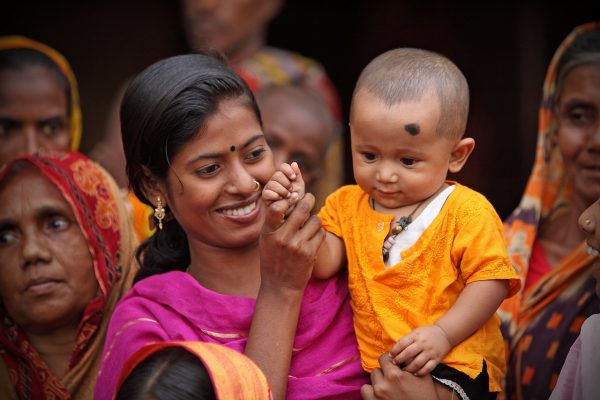
Below is post from Christy Turlington Burns, founder of the non-profit organization, Every Mother Counts and Director/Producer of the documentary film "No Woman, No Cry". In this article, originally published on Huffington Post, Christy Turlington Burns writes about her experience of returning to Bangladesh for the first time since filming the segment on BRAC's Manoshi project aimed at improving maternal health in the slums of Dhaka.
June 15, 2011
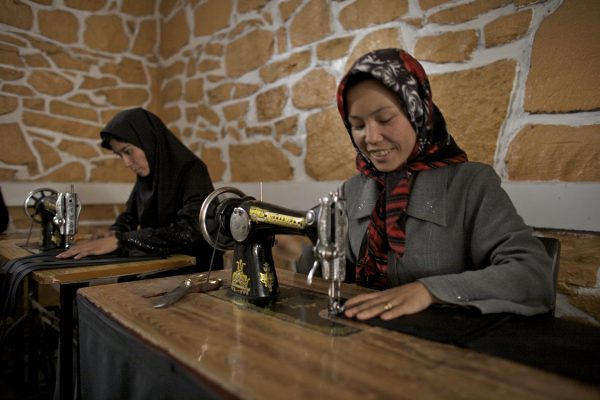
Today, TrustLaw, which runs AlertNet, published a "Danger Poll" identifying the world's five most dangerous countries for women, with Afghanistan topping the list. These figures serve only to further motivate our dedicated BRAC Afghanistan staff, who strive every day to change these conditions.Among the multifaceted BRAC Afghanistan programs in microfinance, health, enterprise development, community development, and education, are 2,297 BRAC schools where 84% of the enrolled students are girls. BRAC is realizing the potential of gender equality in education by increasing the enrollment of young girls through completion of their primary education, and by training local women to teach in these schools.
June 7, 2011
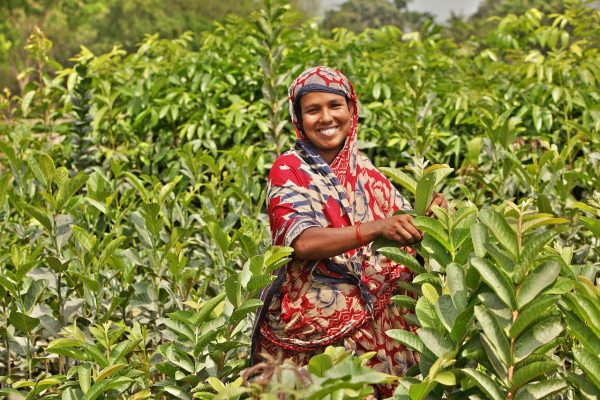
Published by BRAC at Jun 07 2011
Categories
This post, originally posted on the Jolkona website, is a reflection of Saman Nizami’s experiences and observations during her internship for BRAC’s “Targeting the Ultra-Poor” program in Bangladesh.
May 24, 2011
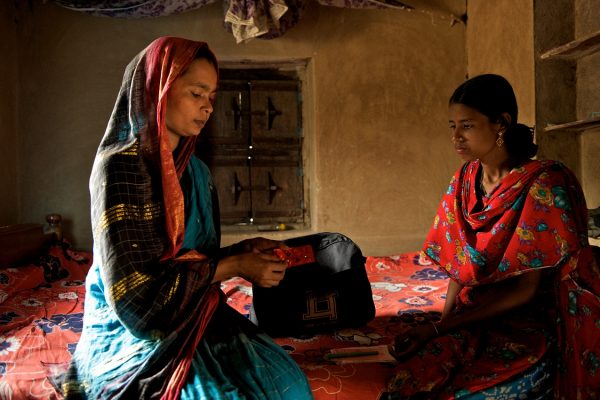
Published by BRAC at May 24 2011
Categories
“The garment industry is the largest export earning sector in Bangladesh, and our workers are the backbone that we depend on. We must take care of their health if we want to take care of the health of our country,” stated Mr. Masud Quader Mona, Chairman of Standing Committee on TB for Bangladesh Garment Manufacturers Export Association (BGMEA).
April 27, 2011
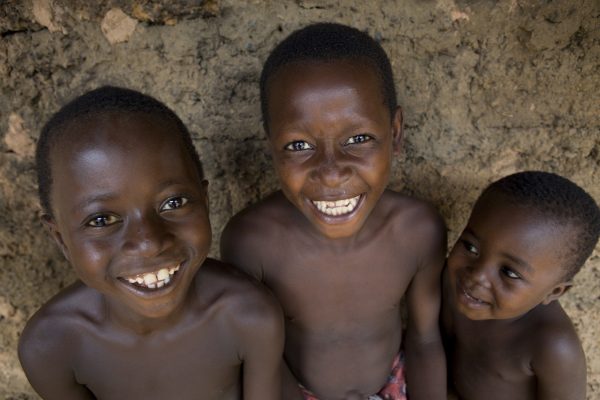
BRAC launched the livestock and poultry program in Sierra Leone in 2008. We have been developing many supporting activities such as disease management, poultry vaccination, dissemination of improved breed of cow through artificial insemination, supply of livestock and poultry feed and milk processing and distribution.
April 12, 2011

Each year, March 24th commemorates the day on which Dr. Robert Koch identified the cause of Tuberculosis (TB), a deadly infectious disease which can be prevented through screening and vaccination and treated with antibiotics. According to the World Health Organization (WHO), an estimated 1.7 million people died from TB in 2009. The highest number of deaths was in the Africa region. BRAC Uganda is working to lower the incidence of TB through detection and treatment.
March 24, 2011
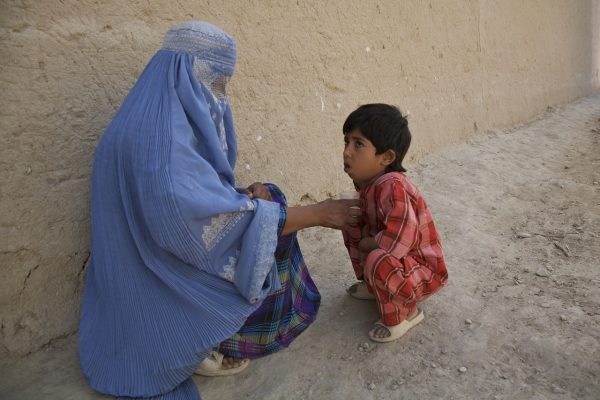
Tuberculosis is a disease we have known for centuries and it is completely preventable. Yet millions today suffer from it and we still see the faces of misery and pain. Even today, tuberculosis (TB) is the cause of many deaths. Prevalent myths that TB is not curable and death is inevitable still exist. In Afghanistan, the situation has been grave. Decades of human conflict and displacement has had a severe impact on the health sector of Afghanistan. High vulnerability to natural disaster, limited safe water supply, poor standards of hygiene and sanitation and restricted access to health care for women have become important features of the health situation in Afghanistan, exacerbated by difficulties of geographic access.
March 23, 2011

Published by BRAC at Mar 23 2011
Categories
I met Margaret on my most recent trip to West Africa. Margaret is a BRAC Sierra Leone health promoter in Grassfield, south-east of central Freetown. In only three months after joining, she is already very active in health education in her community. "I first learned about many health topics from BRAC - importance of breast feeding, TB, Malaria, personal hygiene, safe drinking water, and more." She is noticing changes in the level of cleanliness and hygiene maintained by members in the community that she covers.
March 16, 2011
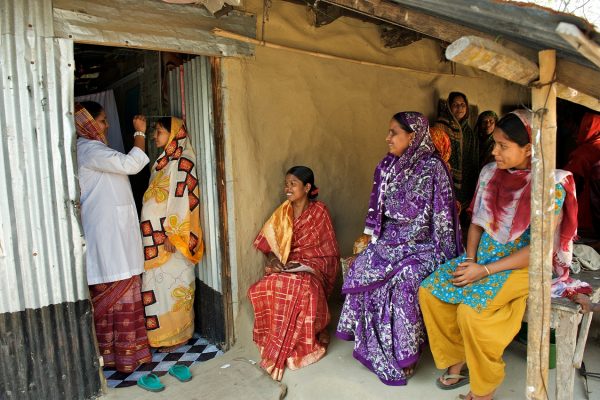
GAIN – the Global Alliance for Improved Nutrition – organised a partnership discussion "Innovative Partnerships to Improve Maternal and Child Nutrition in Bangladesh" on 13th February 2011 in Dhaka. The conference was held to fight against maternal and child mal-nutrition by working together BRAC and GAIN aim to use their partnership to "fight against maternal and child mal- nutrition" (Executive Director for Gain March Van Ameringen).
March 10, 2011
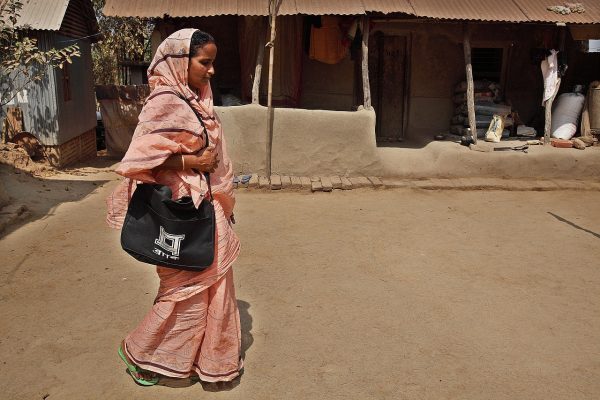
Saturday morning, Good Morning America will feature BRAC's partnership with Visionspring as part of ABC's year-long series on global public health, Be the Change: Save a Life. The segment will highlight how this innovative partnership is bringing the transformational power of affordable eyeglasses to poor communities across Bangladesh.
February 22, 2011

Below is an article published on The Hindu by Aarti Dhar about BRAC's health interventions in Bangladesh “Bangladesh focussed strongly on the disadvantaged section of society, particularly women, in the past three decades that led to employment, availability of micro-credit, education and overall empowerment. These were the building blocks of good health in the country,” according to Timothy G. Evans, Dean of James P. Grant School of Public Health at the BRAC University in Dhaka.

